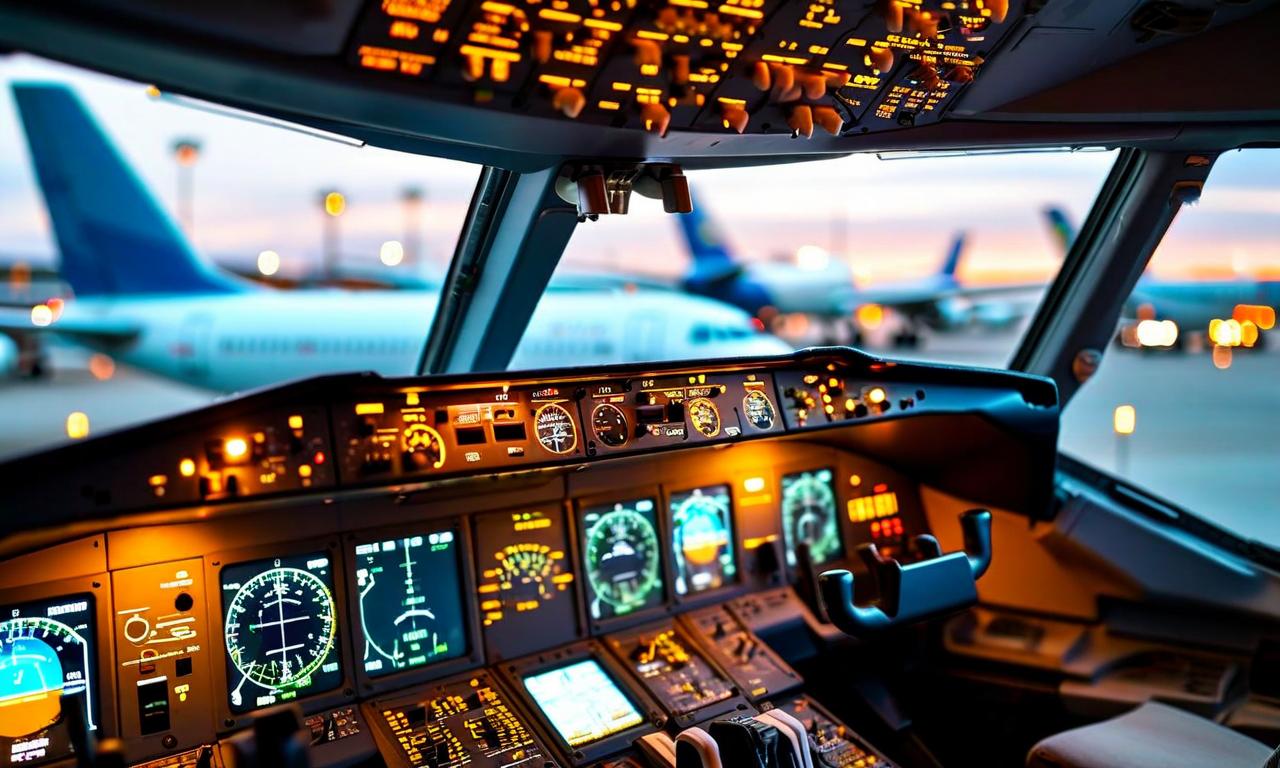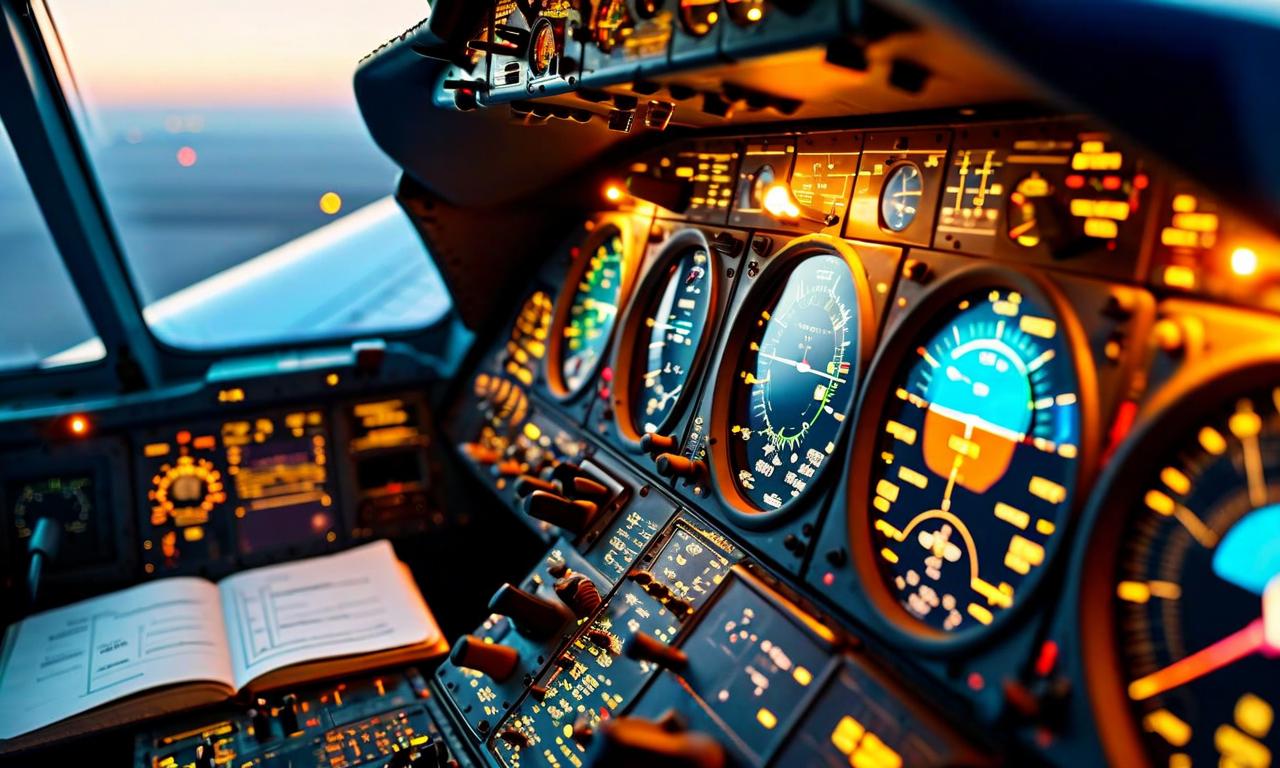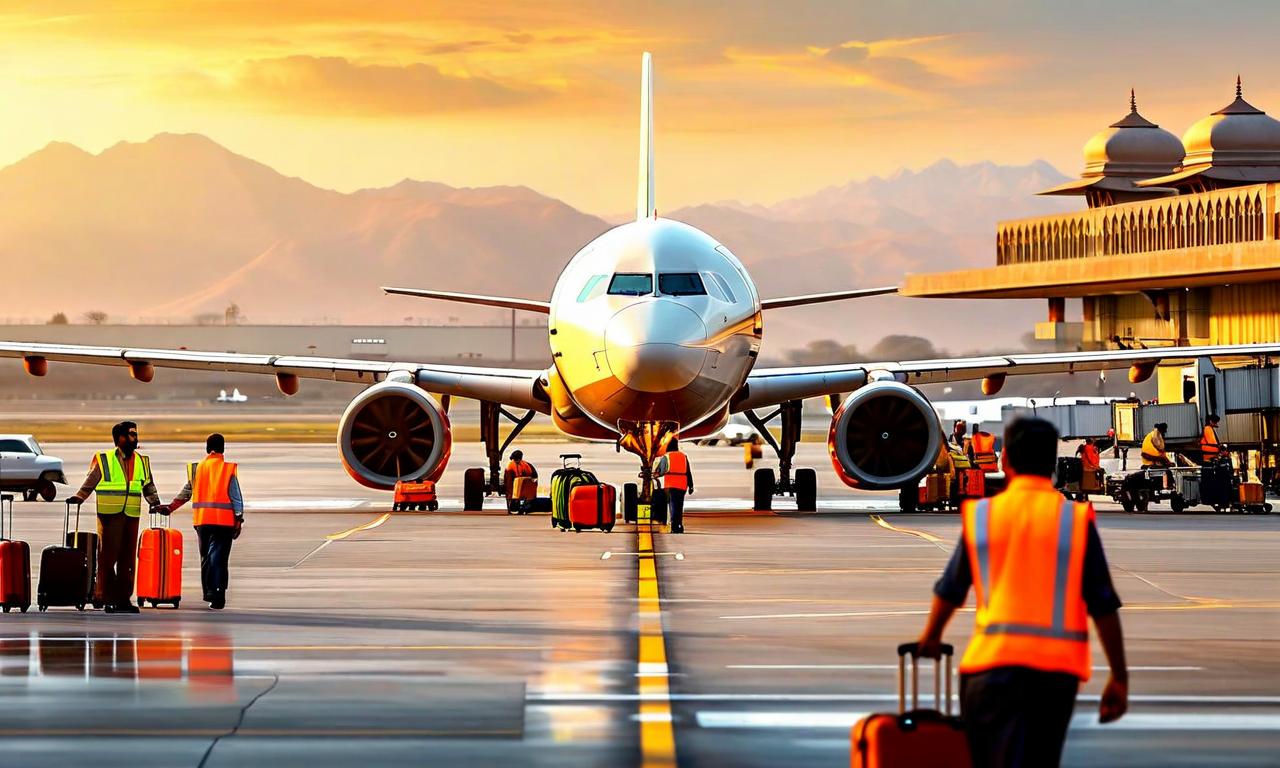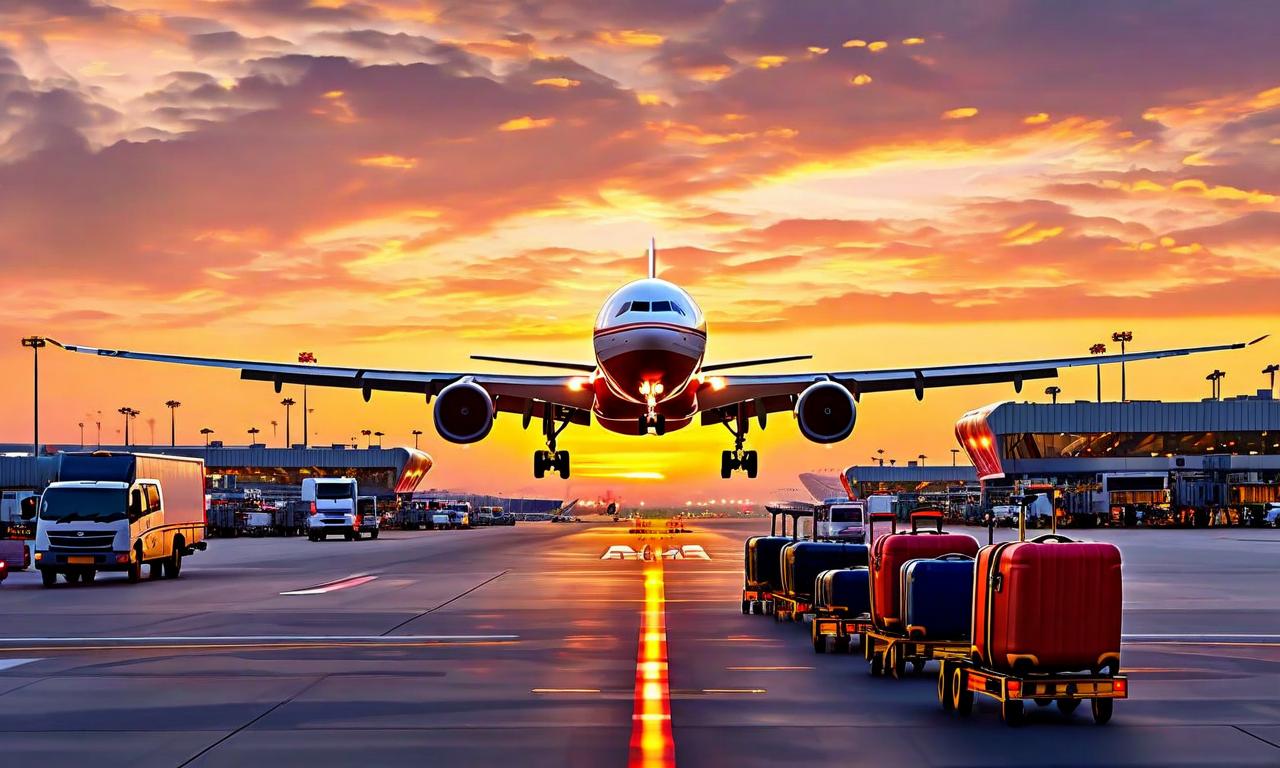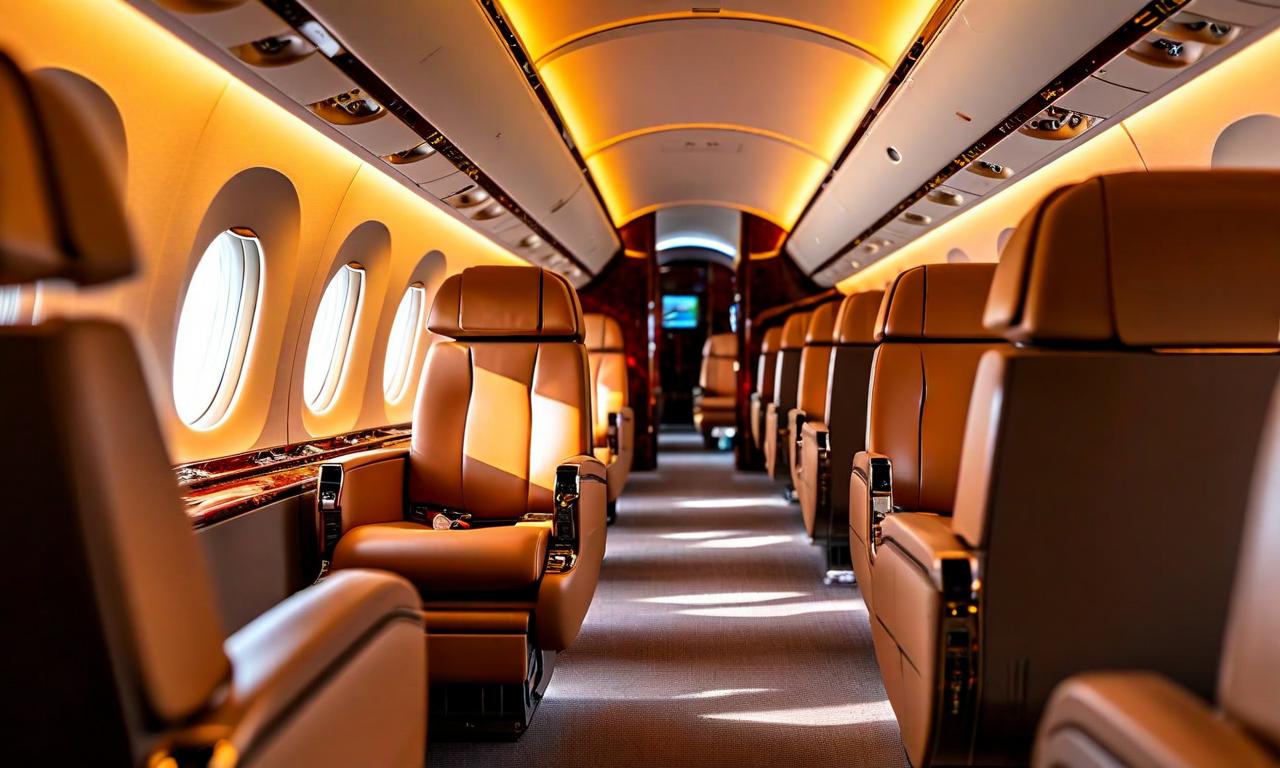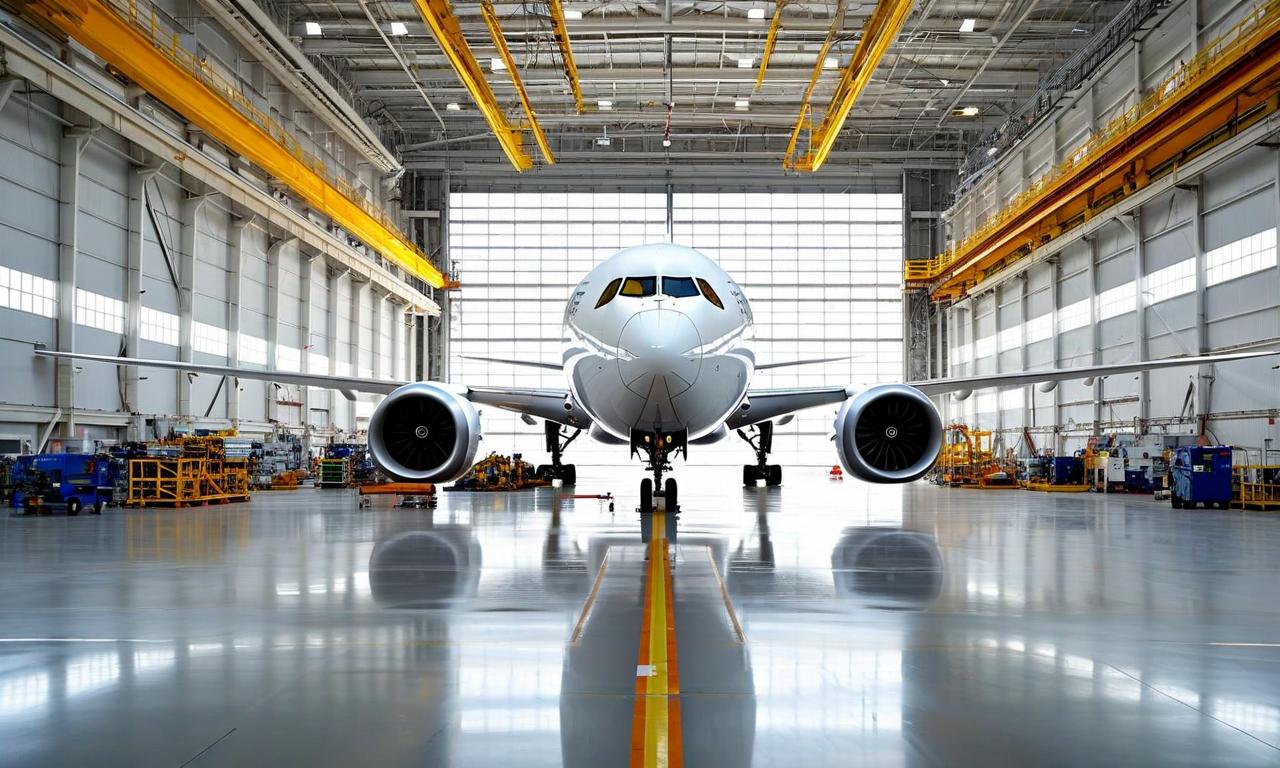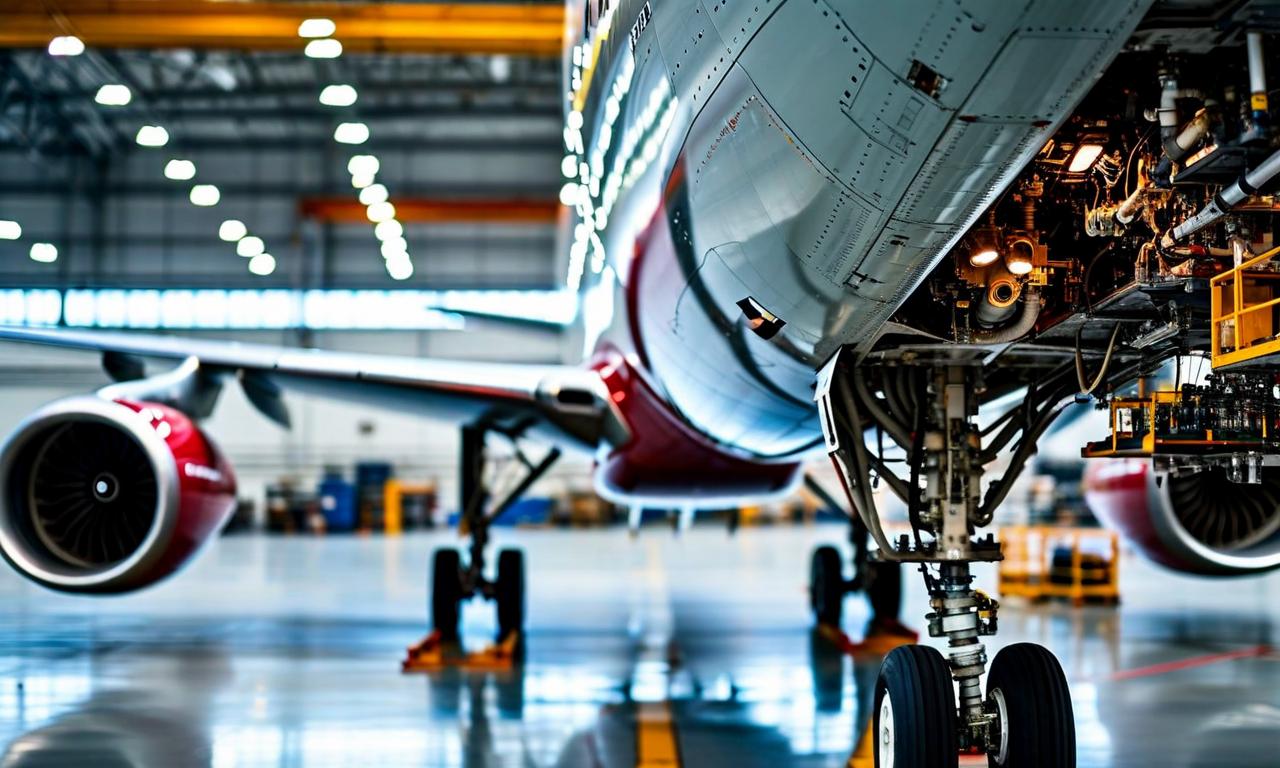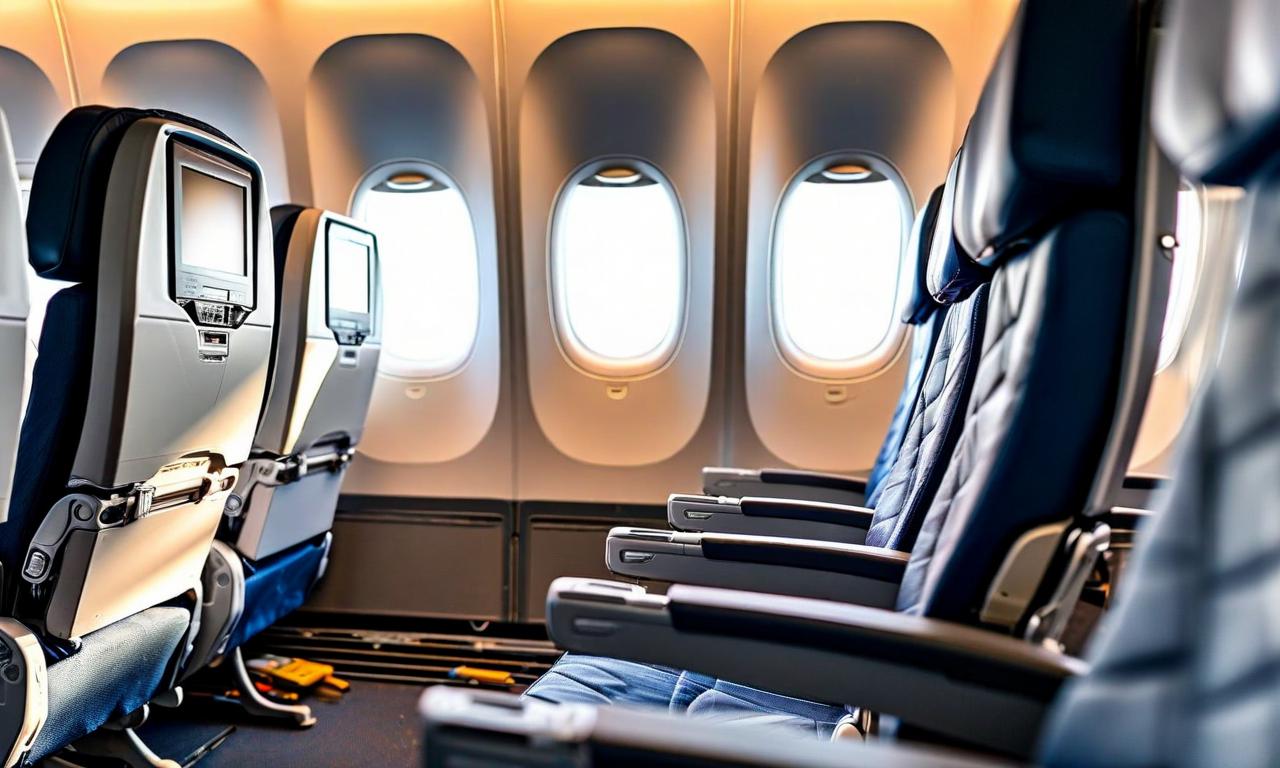Air India and AI Express Post Combined Loss of Rs 9,568.40 Crore
Air India and its subsidiary Air India Express have reported combined losses before tax of Rs 9,568.40 crore. Air India's loss was Rs 3,890.20 crore, while Air India Express, previously profitable, posted a loss of Rs 5,678.20 crore. This contrasts with IndiGo's profit of Rs 7,587.50 crore. Air India's debt stands at Rs 26,879.60 crore, while IndiGo's is higher at Rs 67,088.40 crore. The Tata Group, which acquired both airlines in January 2022, faces challenges in turning around their performance in a deregulated, competitive aviation sector.
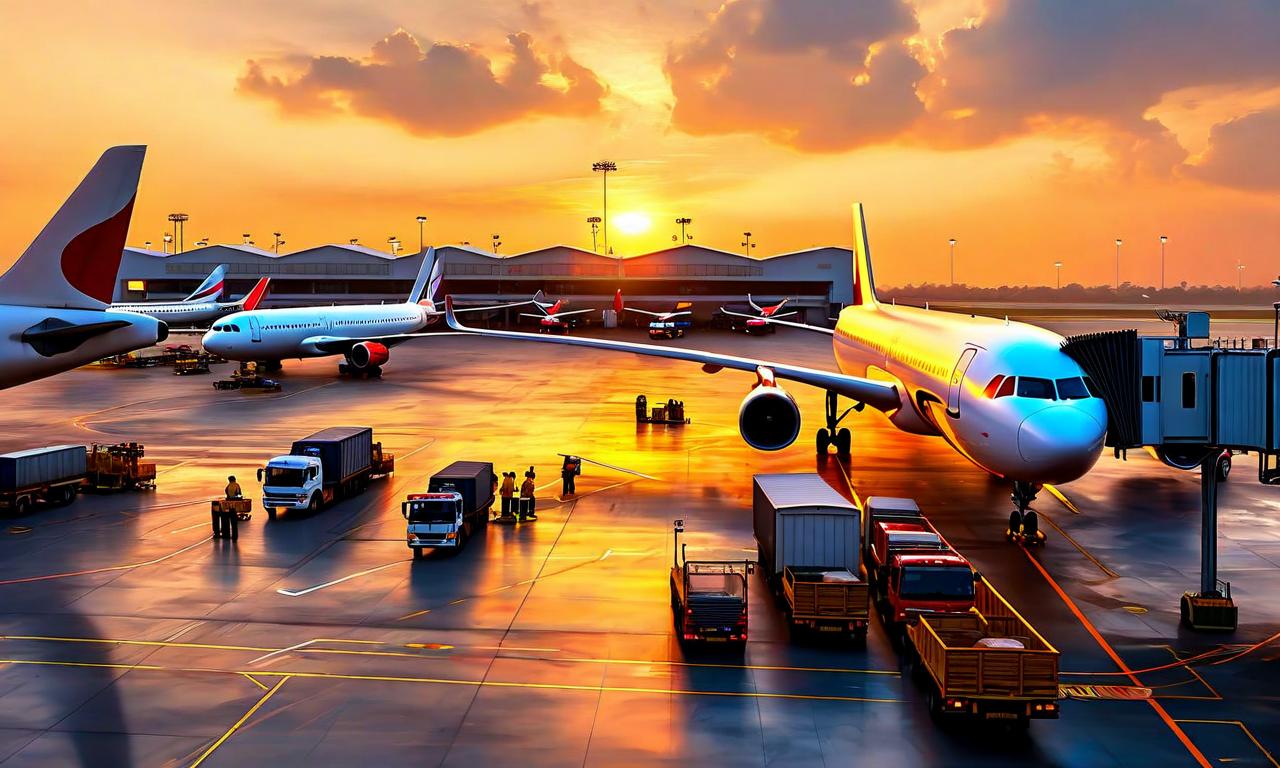
*this image is generated using AI for illustrative purposes only.
Air India and its subsidiary Air India Express have reported significant losses. The combined loss before tax for both airlines amounted to Rs 9,568.40 crore, highlighting the financial hurdles faced by the Tata Group-owned carriers.
Breakdown of Losses
Air India, the flagship carrier, recorded a loss before tax of Rs 3,890.20 crore. More surprisingly, Air India Express, which had maintained a profitable streak for an extended period, turned loss-making with a substantial loss of Rs 5,678.20 crore.
Industry Comparison
The financial performance of Air India and Air India Express stands in contrast to some of their competitors:
| Airline | Profit/Loss Before Tax (in crore) |
|---|---|
| Air India | -Rs 3,890.20 |
| AI Express | -Rs 5,678.20 |
| IndiGo | Rs 7,587.50 |
| Akasa Air | -Rs 1,983.40 |
| SpiceJet | -Rs 58.10 |
IndiGo emerged as the clear leader, reporting a profit before tax of Rs 7,587.50 crore. In comparison, newer entrant Akasa Air posted a loss of Rs 1,983.40 crore, while SpiceJet's losses were relatively contained at Rs 58.10 crore.
Debt Positions
The financial challenges extend beyond operational losses. Air India's debt stood at Rs 26,879.60 crore, reflecting the ongoing financial burden carried by the airline. However, market leader IndiGo reported an even higher debt of Rs 67,088.40 crore, indicating that debt management remains a critical issue across the industry.
Tata Group Acquisition and Industry Deregulation
The Tata Group acquired both Air India and Air India Express in January 2022. The group has been working on turning around the airlines' fortunes since the acquisition.
The civil aviation ministry has emphasized that following aviation deregulation, airlines manage their financial and operational decisions based on commercial considerations. This regulatory stance underscores the competitive and challenging environment in which Indian carriers operate.
As the aviation sector continues to navigate recovery and intense competition, the financial performance of Air India and Air India Express highlights the ongoing challenges in achieving profitability and managing debt in this dynamic industry.

